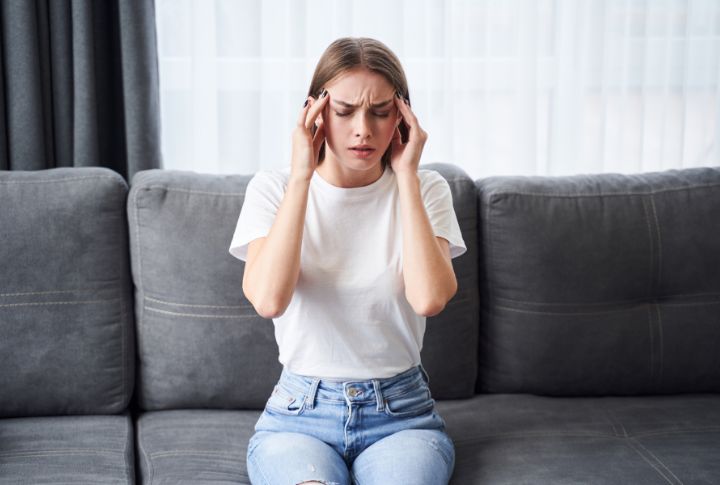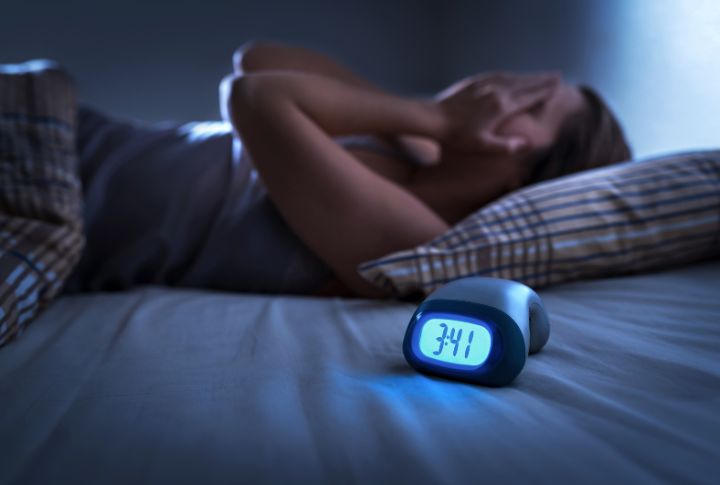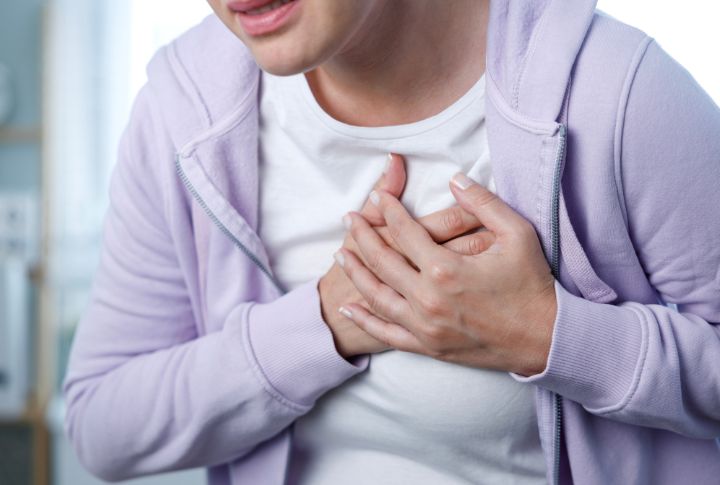
Though quite a common mental health condition, anxiety can be an elusive, shapeshifting adversary, often revealing itself through subtle signs that are easy to ignore. It might appear harmless, but these behaviors and habits may signal something more troubling.
Restlessness and Fidgeting

Being persistently on edge, unable to sit still, or fidgeting a lot can be a telltale sign of anxiety. This inner sense of unease and the need to constantly move or engage in repetitive actions are signs that the body is trying to release pent-up energy and tension.
Difficulty Concentrating

When you are anxious, your mind is often preoccupied with worries and intrusive thoughts. If you find yourself easily distracted or having difficulty concentrating, it could be a subtle indicator of anxiety.
Frequent Headaches or Muscle Tension

Anxiety can manifest physiologically, resulting in strain headaches, neck and shoulder discomfort, or a general sense of muscle tightness. These physical symptoms are often the body’s way of responding to the stress and worry associated with anxiety.
Digestive Issues

Stomach problems, including nausea, diarrhea, or constipation, can be linked to anxiety. Your brain’s workings directly impact your gut. Therefore, emotional distress disrupts the normal functioning of the digestive system.
Unending Fatigue or Exhaustion

Feeling consistently drained, even after a good night’s sleep, can be a nuanced sign of anxiety. The psychological and emotional strain of worrying can take a toll on your bodily energy levels, leaving you tired throughout the day.
Changes in Sleep Patterns

Anxiety interferes with your sleep, causing trouble falling asleep, frequent waking, or restless nights. Alternatively, some individuals with anxiety may experience the opposite, sleeping excessively as a coping mechanism.
Irritability and Mood Swings

Irritability, mood swings, and a short temper can all be linked to underlying anxiety. The heightened tension and apprehension can make it hard to regulate emotions, leading to outbursts or sudden changes in disposition.
Reluctance to Try New Things

Anxiety creates a sense of discomfort and fear around novel experiences, leading to avoidance behaviors. If you or someone you know is hesitant to try new activities or step out of their comfort zone, it could be an elusive sign of anxiety.
Excessive Worrying or Catastrophizing

Persistent, uncontrollable worrying about a wide range of issues or the inclination to jump to the worst-case scenario can be a hallmark of anxiety. This unending mental chatter can be draining and interfere with daily life.
Avoidance of Social Situations

Anxiety can lead to a desire to withdraw from social interactions, as the prospect of being in a group setting or meeting new people can be overwhelming. Avoidant individuals tend to have strained personal and professional relationships.
Seeking Constant Reassurance

Frequently seeking validation, approval, or reassurance from others can be a sign of underlying anxiety. This need for external confirmation may stem from a lack of self-confidence or the desire to alleviate anxious mental processes.
Lightheadedness or Dizziness

Anxiety can trigger physiological symptoms, such as dizziness or a sense of lightheadedness. These sensations can be unsettling and further contribute to the overall feeling of unease associated with anxiety.
Increased Heart Rate or Chest Tightness

Anxiety can cause one to go into a heightened state of frenzy, contributing to a rapid heartbeat or a feeling of tightness or pressure in the chest. Physical sensations like these can be distressing and may be mistaken for other health issues.
Intrusive Cognitions or Rumination

Persistent, unwanted thoughts or the tendency to obsessively dwell on specific concerns can be a trademark of anxiety. These intrusive cognitive processes can be challenging to control and may interfere with daily functioning.
Difficulty Regulating Emotions

Anxiety can make it taxing to manage and express feelings in a healthy, balanced way. Individuals with anxiety may experience intense psychological reactions or struggle to find effective coping strategies, leading to affective dysregulation.

Comments
Loading…